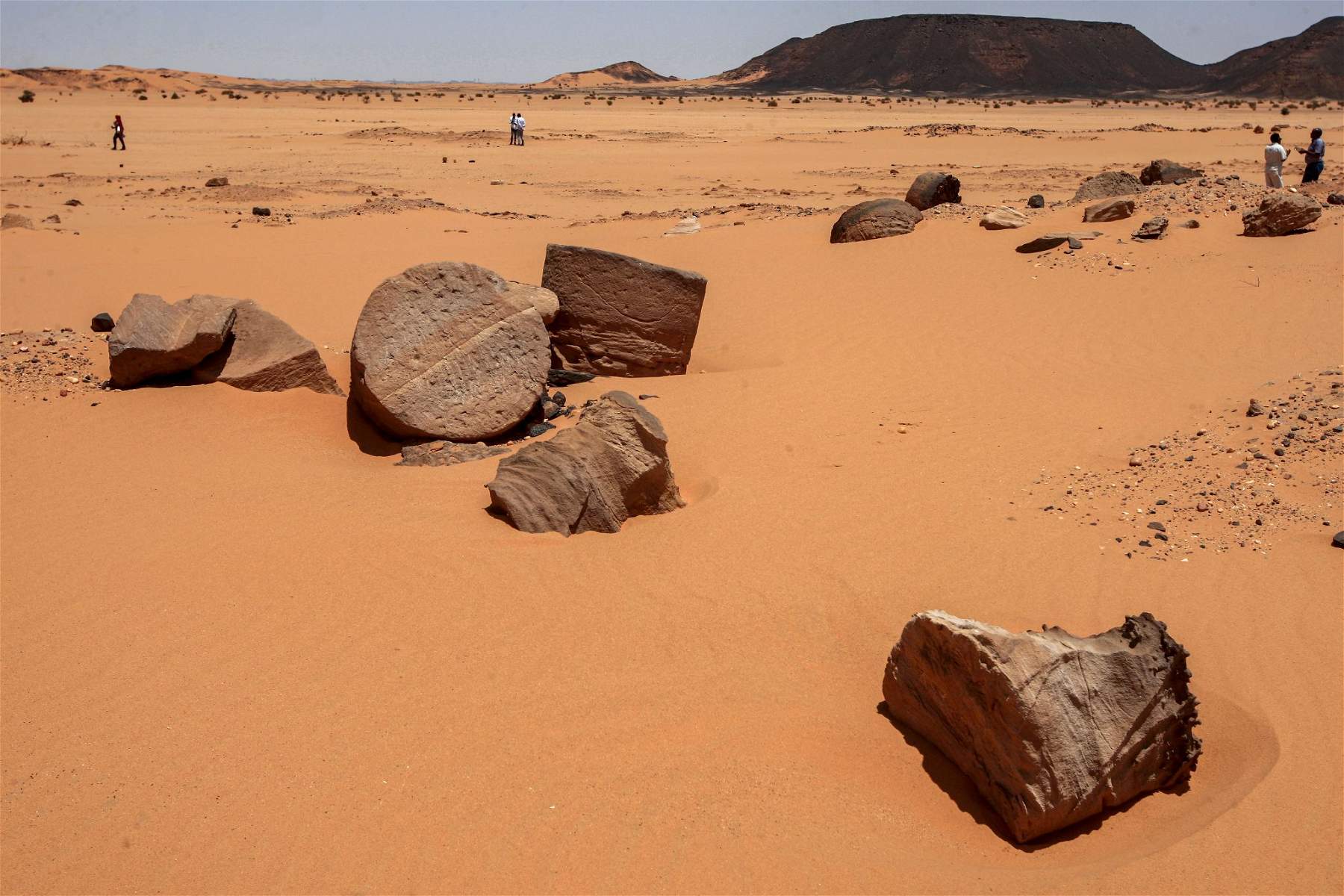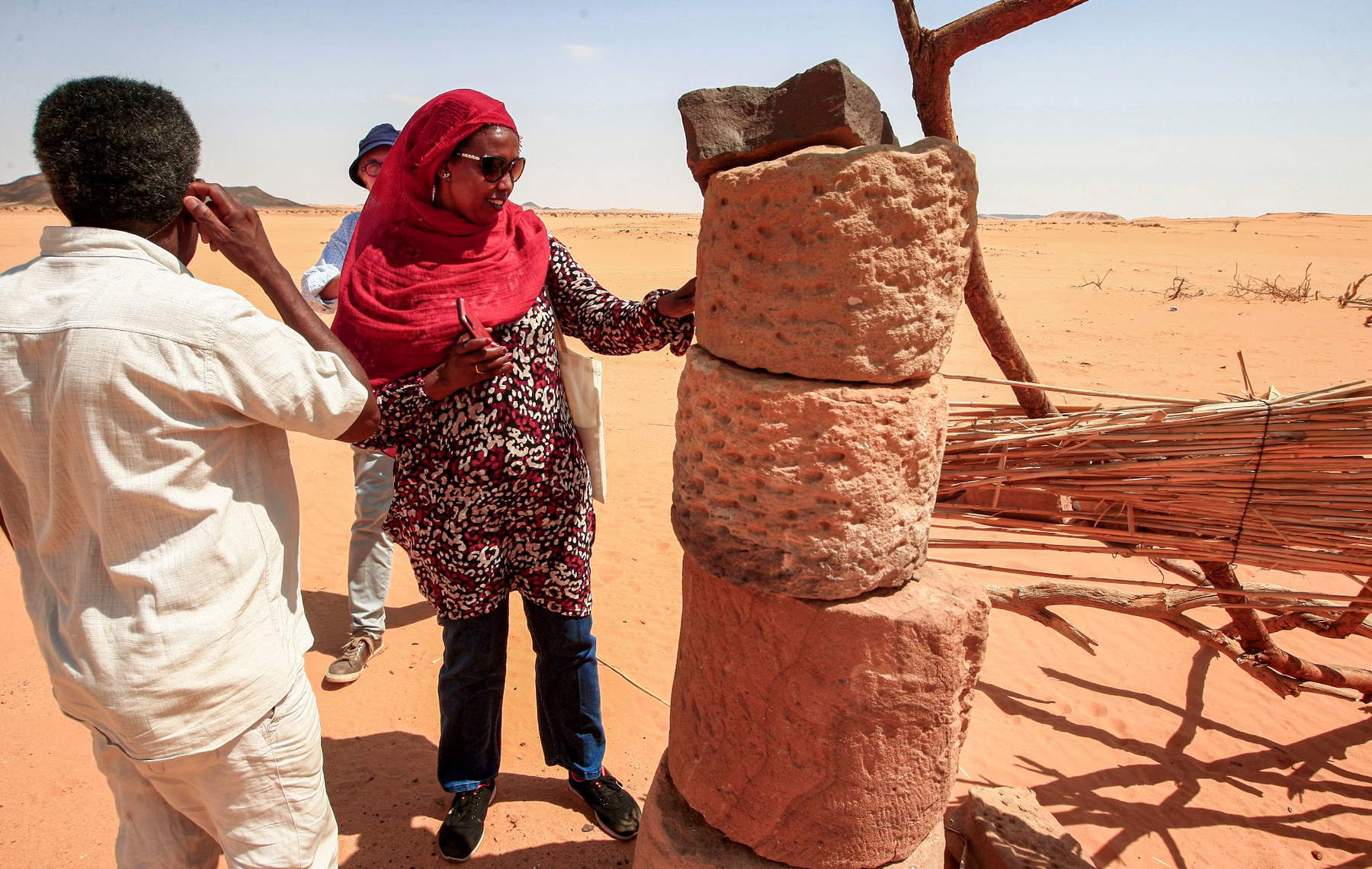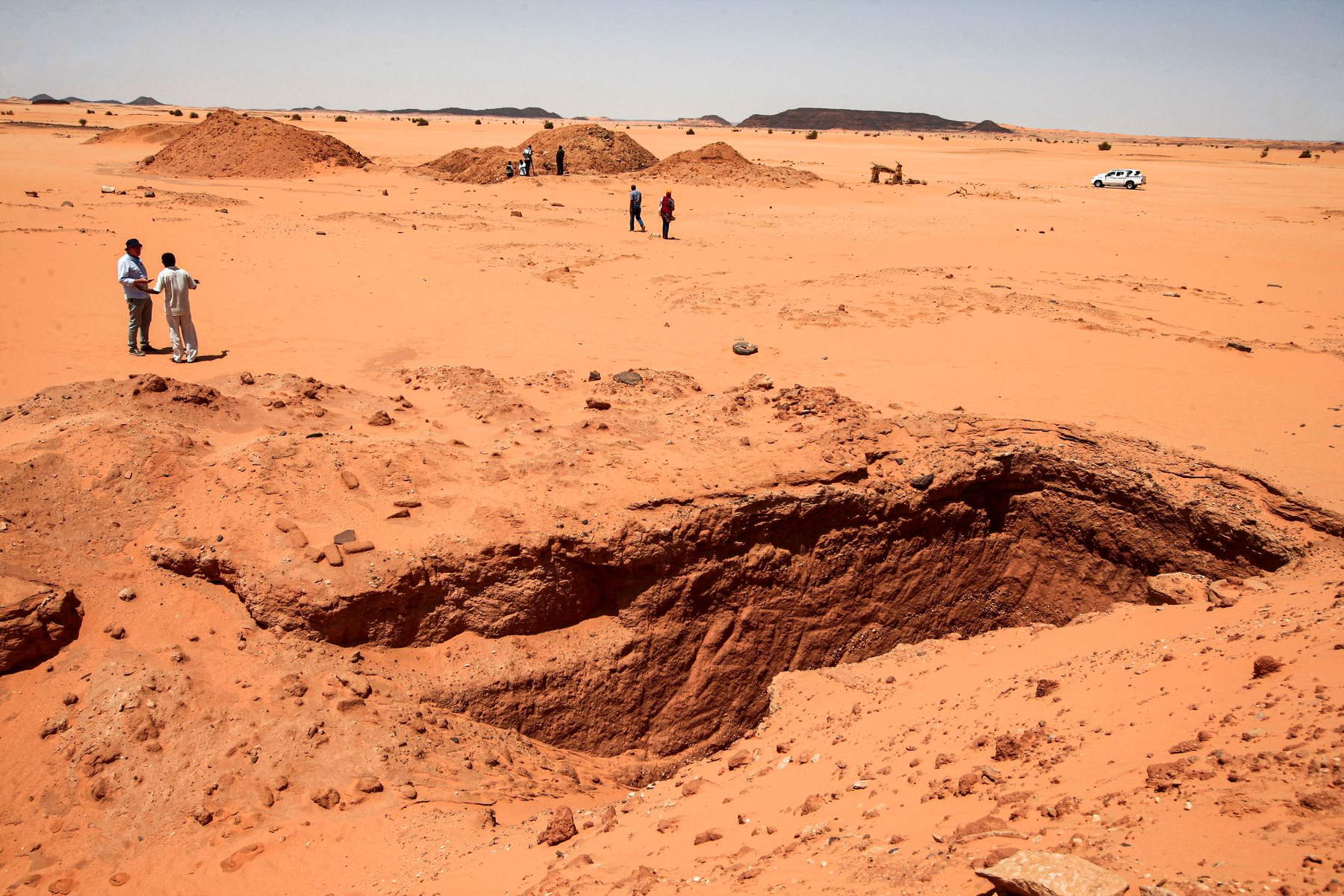Sudan, illegal gold diggers destroy 2,000-year-old archaeological site
The archaeological site of Jabal Maragha in Sudan no longer exists-it was destroyed by illegal gold diggers. This was reported by sources from Sudan’s Department of Antiquities and Museums, who visited the site (dating from between 350 B.C. and 350 A.D., and located 280 km from the capital, Khartoum) last month: here they found two excavators and five men carrying out illegal excavations at the site. However, the criminals had already ravaged the site, excavating an area 17 meters long and 20 meters wide, right where the site’s ancient remains were located.
“Their only goal,” archaeologist Habab Idriss Ahmed, who had been working at Jabal Maragha since 1999, told Agence France Press, “was to find gold. And they did something crazy: to save time, they used heavy machinery.” With the result of disintegrating an almost 2,000-year-old ancient site. “They excavated it completely,” Sudan’s director of Antiquities and Museums, Hatem al-Nour, also told France Press, “because the ground is composed of several layers of sandstone and pyrite.” So the prospectors dug a huge chasm in the ground, destroying everything on it.
The site of Jabal Maragha is located in the Bayuda Desert, in an area characterized by red sand. It consisted of some remnants of buildings, it is not known for housing purposes or otherwise (it is also thought that the site may have been a control station). The criminals, in order to excavate the soil, removed all the stones from their locations, reusing some of them to create chairs and tables to be used during the illegal work, and others to trace on the ground the perimeter of a makeshift mosque.
According to archaeologists, it was a virtually untouched site, known even to a few scholars, but from which they could glean a great deal of information about the history of Sudan and in particular about the Kush kingdom, which existed between the 10th century B.C. and the 4th century A.D.
That of clandestine prospectors is not a new problem for Sudan, and criminals have already been guilty of several similar crimes in the past (in some cases, for example, ancient Egyptian tombs were destroyed). “At least a thousand other sites, more or less known,” Hatem al-Nour said, “have been destroyed or damaged.” The main problem is the lack of security measures that make sites like Jabal Maragha easy targets for criminals. Add to that the fact that Sudan is the third-largest producer of gold in Africa, after South Africa and Ghana: the precious material procured $1.2 billion for the government last year alone. And illegal digging in some cases is even encouraged by local authorities or businessmen who supply the material to prospectors.
The five men who were caught in the act were arrested but then immediately released without charges, and why is unclear. However, it is likely a case of corruption, a plague on Sudan and one of the main reasons why laws (which are there) are not enforced.
In the images below: the stones at the Jabal Maragha site, archaeologist Habab Idriss Ahmed examining the remains, the sinkhole created by the clandestine prospectors.
 |
 |
 |
 |
| Sudan, illegal gold diggers destroy 2,000-year-old archaeological site |
Warning: the translation into English of the original Italian article was created using automatic tools. We undertake to review all articles, but we do not guarantee the total absence of inaccuracies in the translation due to the program. You can find the original by clicking on the ITA button. If you find any mistake,please contact us.





























